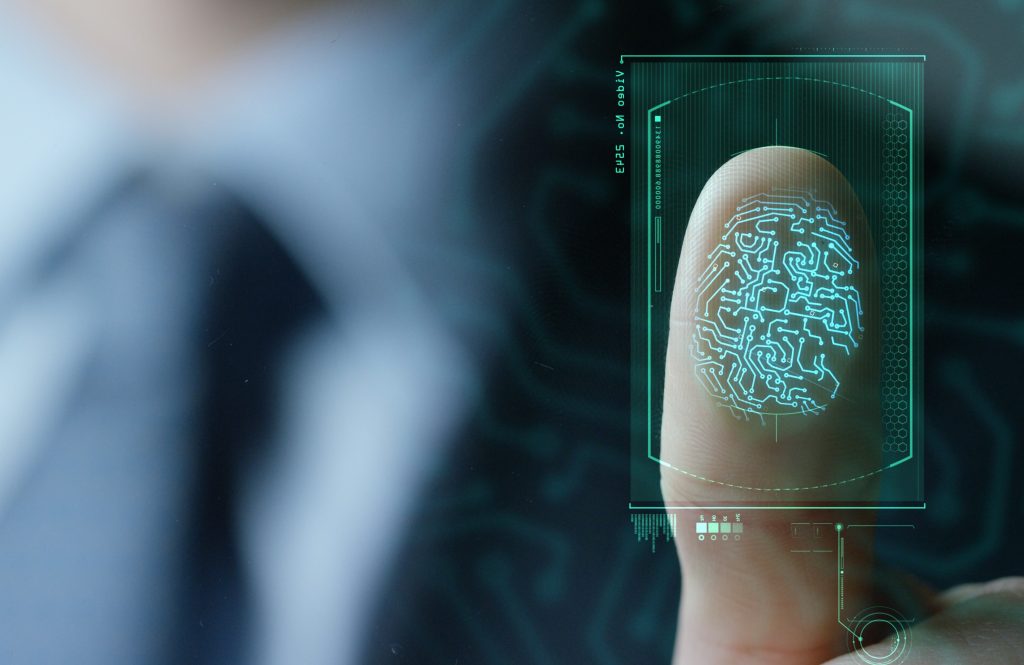
The expression ‘the future is now’ has been bandied around for decades now with regards to new innovations, and perhaps so much so that it really doesn’t have the same weight of meaning anymore. But every once in a while we do see genuine examples of futuristic technology being realized and becoming available to everyday people. Being able to gain access to resources online through you face or fingertips definitely meets the criteria for being one of them.
Here at 4GoodHosting, we’re just the same as any other reliable Canadian web hosting provider in that we fill only the basic of roles in the big picture of what the ever-expanding digital world is. But what it does provide for us is an even more engaging view of all of these advances and something of a platform to share the futuristic news with the likes of you all.
So here it is – with Safari on iOS 14, MacOS Big Sur and iPadOS 14, you’ll now have the abilit to login to websites using Apple’s Face ID and Touch ID biometric authentication. All of this is being made possible with a technology called FIDO (fast Identity online) that’s speeding our way to a future where typing in a password is by and large an obsolete approach.
The term that’s being used for this is ‘biometric authentication’, and Apple made the announcement of this on Wednesday of last week at an annual developers conference. While biometric scan access means aren’t entirely new, they are stating that the appeal of this new wrinkle is that it’s faster and offers more solid security.
Big Leap for Web Authentication
All of this is a major boost for Web Authentication browser technology (often shortened to be WebAuthn) as it’s been constructed by FIDO consortium allies. Apple joins Mozilla Firefox, Google Chrome and Microsoft Edge among other allies here, and this is the same engine that’s been behind Windows Hello facial recognition and Android fingerprint authentication.
Now of course Apple’s clout in the smartphone market makes it so that any such development on their side of the fence creates a much bigger splash in the pool.
And that splash just may be what’s needed to push the entire online security sphere onto its side, and that’s going to be a good thing if so. Passwords just don’t cut it anymore. Unfortunately nowadays hackers often can use one single password obtained through a data breach to also break into many other websites.
Plus there’s then the fact that good passwords are hard to make up, and often even harder to remember. For older people typing them into phone screens isn’t easy, and then there’s the way that password managers are complex and often have cross-device compatibility issues.
FIDO technology has the potential to be a far-reaching fix for all of this, and eliminate the need for punching in characters of passwords every time you want ‘in’. It looks like it will be able to standardize how apps and websites utilize hardware security keys and biometric authentication, and in that sense it may well be the last piece (or one of the last pieces) of the puzzle.
The key part of that will be in bolstering passwords with two-factor authentication systems that are more secure than SMS codes, which simply don’t have the solidity they need to. There’s quite a bit to that, but to boil it down what it’s likely to do is enable two-factor authentication with no need for passwords at all.
You start with a registered device with a phone or fixed / mobile internet access device or security key. Then the biometric check completes the 2nd factor by scanning your face or fingerprint.
Apple will let you log in to websites with Face ID or Touch ID, and that’s a big step towards being able to discard flawed password technology once and for all. To move to FIDO login, you’ll have to jump through a hoop once to register your device, like a Mac or iPhone.
No Good for Phishers
One big benefit sure to be readily embraced with FIDO is that it blocks phishing efforts pretty much entirely. Login credentials are locked to the real version of a website, and then of course hackers lose the primary means by which they gain access – by stealing passwords. There’s nothing there to steal anymore!
There is a general consensus that we shouldn’t be getting ready to dump all our passwords, at least not yet. Obviously, if you lose your iPhone or iPad all of this new technology is rendered immediately obsolete and you’ll need to have some other access means.
This is really where the developers need to look at next, but this is definitely a huge leap for people who are iPhone or iPad devotees.














